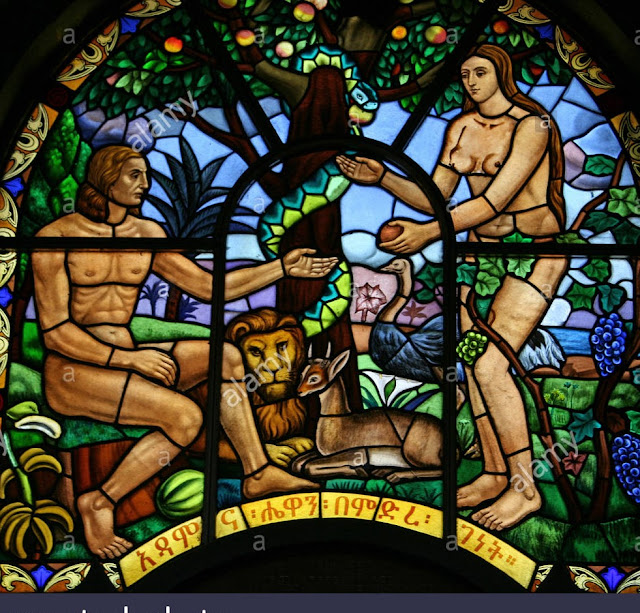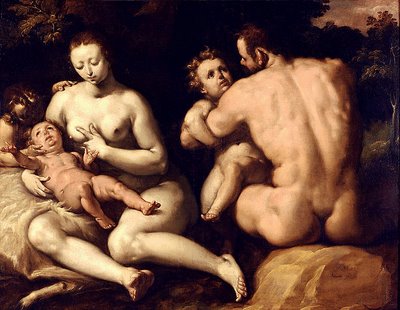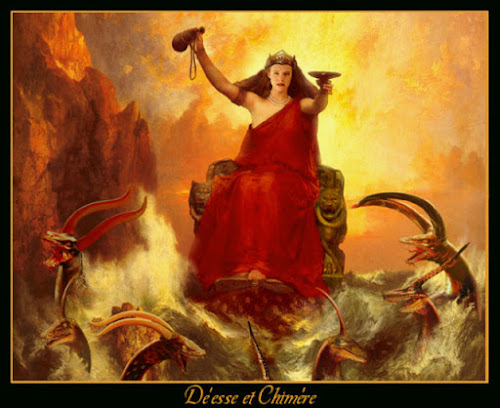The Jewish High Holidays are the perfect extended Mabon celebration, and I have been bringing them back into my life. Yesterday and the night before was Yom Kippur, the Day of Atonement. It is the day that has everything. For twenty five hours (for me it was twenty four) one does not eat or drink (I actually wasn't able to eat dinner until AFTER the fast had started, and I did drink water and some juice) There should be no bathing, no sex, no really anything but prayer, and if one looks at the service its easy to understand why. The Yom Kippur service is one where its best to have nothing to do. It is a complete Sabbath from work, but a Sabbath with a twist, for unlike others Sabbaths, it is one of doing without, one of self discipline rather than pleasure and delight in the good things of life.
And yet it becomes a good thing of life. A few days after Rosh Hoshanah and a few days before the Festival of Booths, we gather. There is the Kol Nidre, sung three times where the gathering is declared, and it is different from normal synagogue worship because ALL are welcome. Apostates, strangers, half Jews, the entire family of misfits are welcomed. The intent is a lot like Good Friday when churches swell with all sorts of people and once a priest said, "We have no enemies this day."
But Good Friday celebrates an end, and this celebrates a beginning, the beginning of the time of fasting and repentence. What is this all about? Isn't it a bit much? How much did I need to repent, and having repented in a service extending toward four hours, do I need to keep this up? Can I eat now? Sleep will be odd tonight. This is a retreat and actual retreats are uncomfortable. I am fasting from my phone and from Facebook tonight, from cigarettes and the possibility of sex and so many things my endorphines are wire for. I am, without coffee, strangely an appropriately tired tonight. I think I'll go to bed.
We wake up early in the morning and launch into prayers. My dry mouth voice is scratchy today. I didn't realize what a mess this house was. There are things to get done today. We will take a small amount of time off. The sky is so gloomy. My head is not on quite right. I know there are things to do. Things I should do, but I can't remember them.
In the early afternoon there is the feeling of having made it so far. This house is finally clean. A four hours service, two one hour services in the morning. Often not entirely sure if I was praying or not, but I am not important. Protestantism has said "I" am important and my mind matters, but not a mind, just a voice, just movements. This service which seemed repetitive is actually an echo, we echo back the Shemonei Ashrei from this morning in a more perfect way. We are still for the book of Jonah, and we rejoice in the songs which are becoming more familiar, prepare again to be jounced for Ki Anu Amercha.
Early in the service I almost wept to hear a song and rather than feeling like I wanted no punishment for anyone who harmed me, I wished that all harmful people paid and that we stopped lying down and letter ourselves be hurt. I fervently prayed for the knocking down of tyrants. During Yizkor in the gently lit kitchen I used that song again but felt quiet.
I need sleep.
Two hours later it is time to move to the last service, but it ends to early. Calling home, a need to call home, check on loved ones, carry out Torah in the living world, A need to put shoes on and go out into the living world no matter how lousy the weather. Time now to return for the blowing of the shofar, the several times call to God, the Kiddush, the rousing end of the day.
But what have I been vowing to return to? God? What does that mean, especially for one who is devout? The idea of repentence often involves someone who is radically far removed from the Divine. and yet thouse people usually don't repent. So what do I need to teturn to? Return to the discomfort and the joy that was Judaism in my life? Return to the songs, the words that once meant so much to me? Return to old dreams and resolves? Yes. Return to things I don't even know until the grace of the fast reveals them to me? Yes and Yes. Return to an acknowledgement of death that treasures the time we have, but does not despair of the time we've lost? Yes. Return to that which I never knew I'd lost? Return to the original face, the first longing? Yes, yes and yes.
Yom Kippur does not end when it ends. My body, used to no food or supplements for the day, rebels once I've eaten. Me, deprived of normal and satisfying sleep, collapse into three hour slumber. In the new day I will resist nostalgia for the day before, for trying to capture those wonderful feelings, the trap we fall into, and instead concentrate on living each day blameless, openly, returning, which is what the day before was all about.














